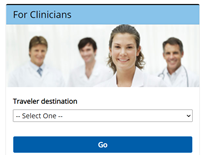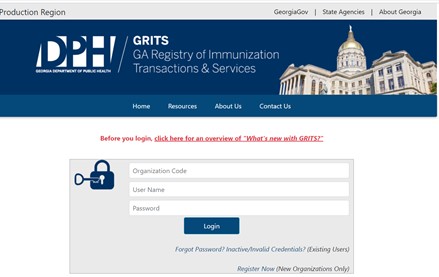Immunizations
Hepatitis Awareness Month
The month of May is designated as Hepatitis Awareness Month in the United States, and May 19th is Hepatitis Testing Day. During May, CDC and our public health partners work to shed light on the impact of these hidden epidemics by raising awareness of viral hepatitis while encouraging testing and vaccination. Hepatitis Awareness Month activities help to improve everyone’s understanding of viral hepatitis transmission and risk factors and to decrease social stigma against viral hepatitis.
Get involved!
CDC will focus on three themes this Hepatitis Awareness Month. We encourage you to incorporate these themes and key messages in your promotion activities.
Week 1 theme: May 6-10: Reaching key populations and high-impact settings
- Increasing access to vaccination, testing, and treatment to key populations and settings can prevent the spread of viral hepatitis for everybody.
- Click here for social content that can be utilized throughout week 1 of Hepatitis Awareness Month.
Week 2 theme: May 13-17: Protecting young families and pregnant persons
- To protect young families, CDC recommends screening all pregnant patients for hepatitis B and hepatitis C.
- Click here for social content that can be utilized throughout week 2 of Hepatitis Awareness Month.
Week 3 theme: May 20-24: Accelerating hepatitis C point-of-care testing to expand test-to-cure
- Hepatitis C is a deadly disease. Point-of-care testing can build the bridge to life-saving treatment for those who need it.
- Click here for social content that can be utilized throughout week 3 of Hepatitis Awareness Month.
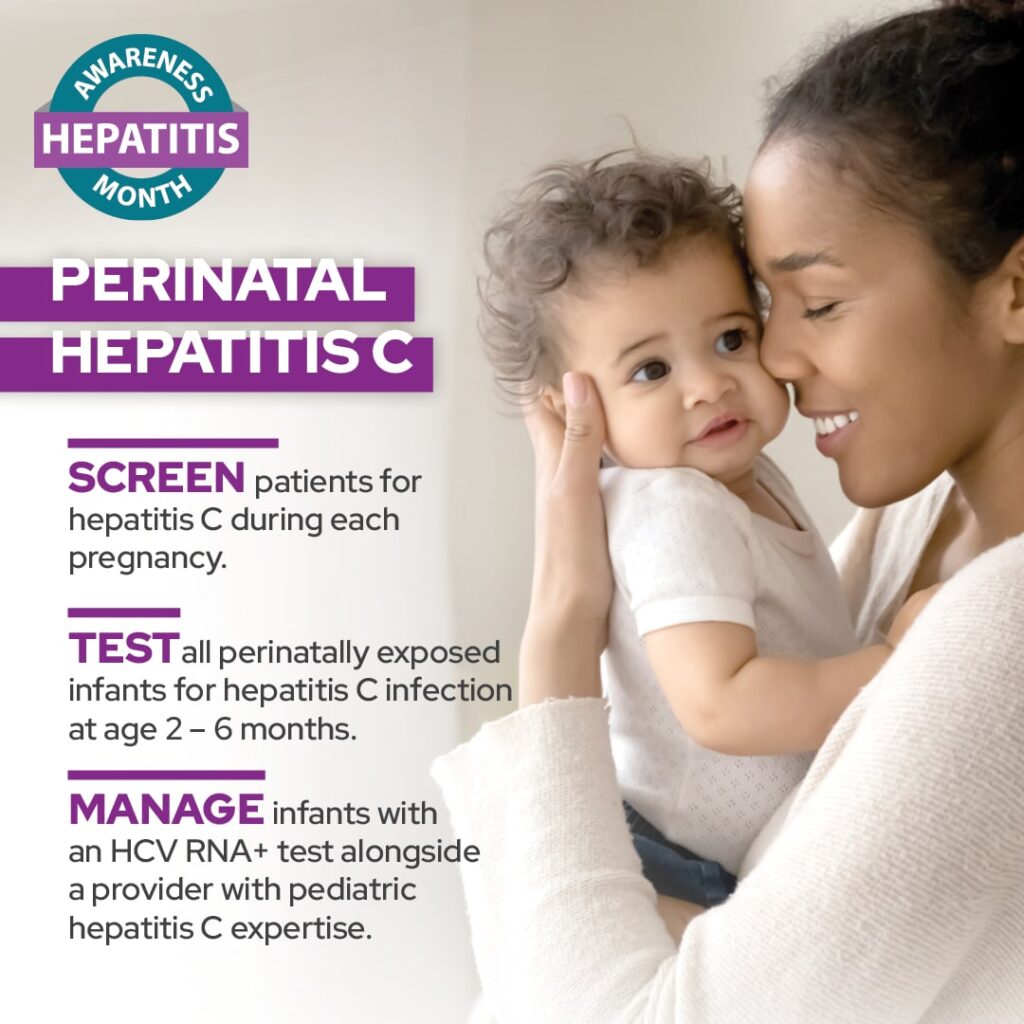
April 22 – 29, 2024
National Infant Immunization Week (NIIW) is a yearly observance held in April, highlighting the importance of protecting children two years and younger from vaccine-preventable diseases (VPDs). NIIW is April 22-29, 2024. CDC and the American Academy of Pediatrics (AAP) recommend that children stay on track with their well-child appointments and routine vaccinations. On-time vaccination is critical to provide protection against potentially life-threatening diseases. Learn more at CDC: National Infant Immunization Week (NIIW).
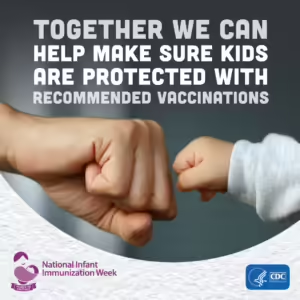
NIIW Campaign Resources
Use these resources and promotional materials to participate in NIIW and help support childhood immunization.
- CDC: Talking with Parents about Vaccines for Infants
Health care provider resources for vaccine conversations with parents. - CDC: Communication and Print Resources
Vaccine and immunization resources for Health care providers. - CDC: NIIW sample key messages
Key messages to encourage parents to stay up to date on their child’s vaccines.
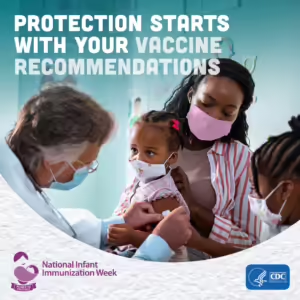
Resources
The Immunization Schedule
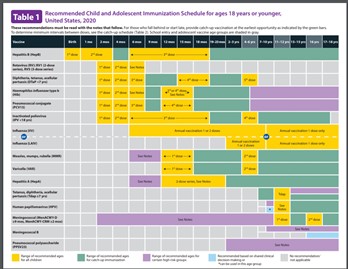
Immunization Information for Parents

AAP Immunization Initiatives Newsletter

AAP #CallYourPediatrician Campaign
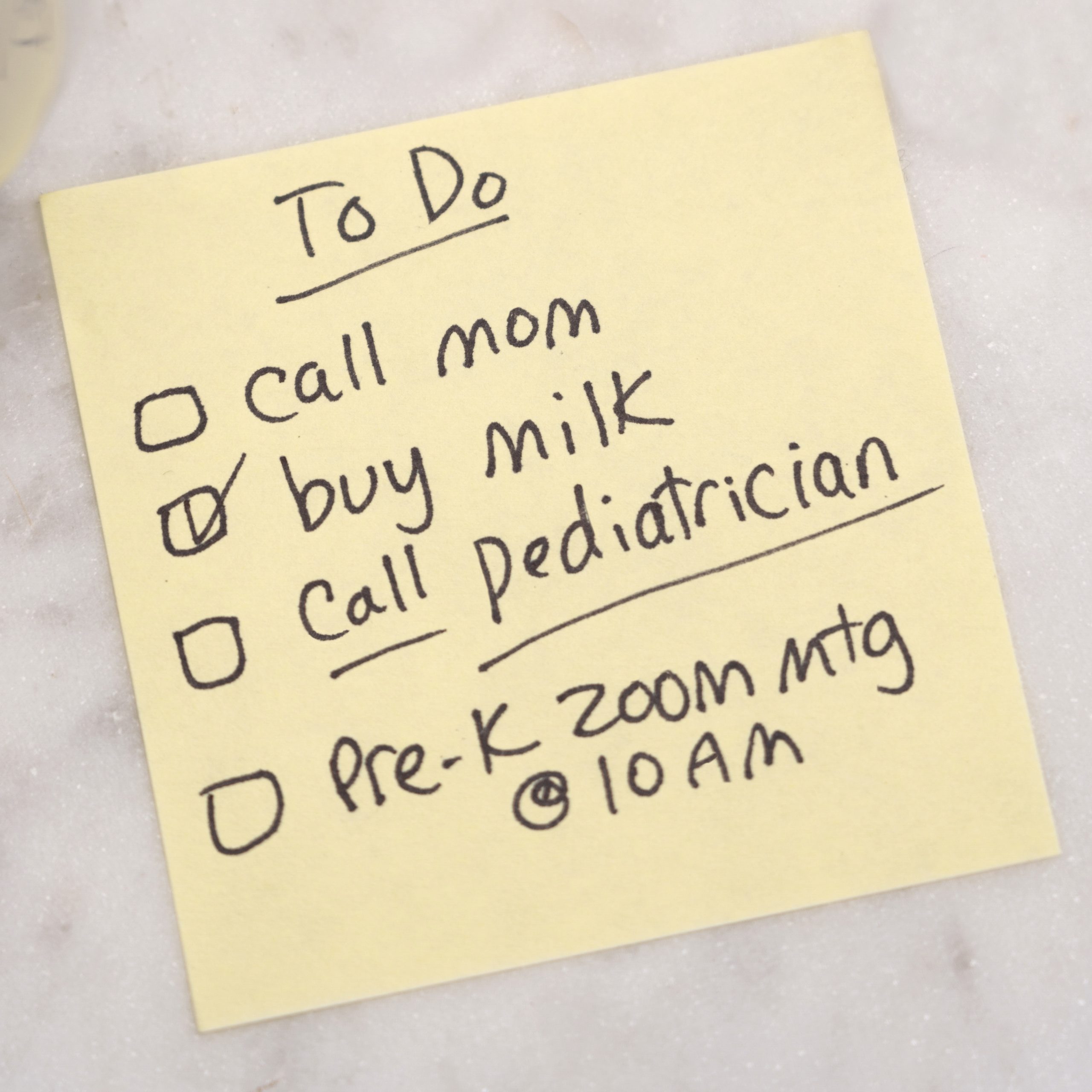
CDC Vaccine Storage and Handling Resources Recommendations and Guidelines
Access additional resources including web-based trainings, videos, checklists, and references related to vaccine storage and handling.
These example vaccine labels can be used to organize vaccines within the storage unit. Referenced in the storage and handling toolkit.
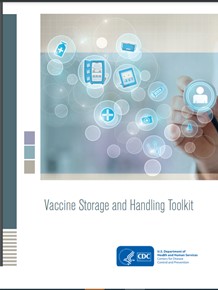
Georgia Department of Public Health Immunization Section
New 11th Grade Immunization Requirements
For more information regarding immunization, visit the links and resources provided.





